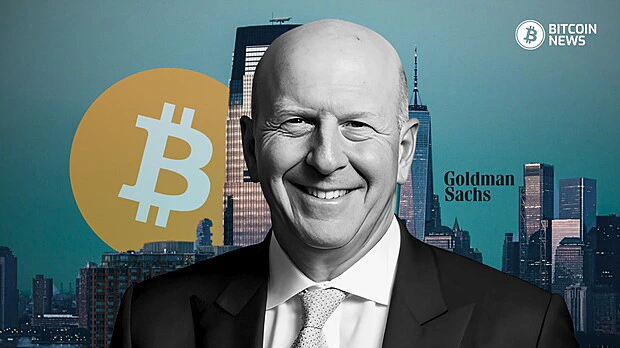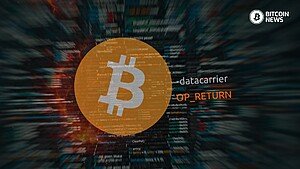In a recent interview, Goldman Sachs CEO David Solomon has weighed in on Bitcoin, acknowledging its potential as a store of value while expressing reservations about its speculative nature.
His comments have stirred considerable debate in the financial and Bitcoin communities.
David Solomon has had a complex relationship with Bitcoin. Despite being cautious about its volatility, he has not dismissed its potential outright. In a CNBC interview, Solomon remarked, Bitcoin could “very well” serve as a store of value similar to gold.
He emphasized that while he does not view Bitcoin as having a practical use case at present, its underlying blockchain technology is “super interesting” and could help digitize the financial system by removing friction.
Solomon’s comments come amid a broader debate about Bitcoin’s role as a reserve asset.
Related: US National Debt Hits $35 Trillion | Could Bitcoin Be the Solution?
MicroStrategy CEO Michael Saylor has been vocal about Bitcoin’s potential, claiming that the first country to adopt Bitcoin as a reserve asset could become the world’s next superpower.
Similarly, Senator Cynthia Lummis has introduced legislation aiming to make bitcoin a strategic reserve asset for the United States to help manage national debt.
The idea of Bitcoin as a store of value, similar to gold, has gained traction in recent years. Solomon’s analogy likening Bitcoin to gold as a non-productive asset that doesn’t generate income is notable.
He mentioned, Bitcoin could have a use case as a store of value, which aligns with the views of many Bitcoin proponents who see it as a hedge against inflation and economic instability.
Despite his cautious stance, Solomon has never been entirely against Bitcoin. He said:
“I’ve never been on the other side as to whether or not bitcoin would be something that’s around, I think it’s a speculative investment.”
He reiterated that he considers Bitcoin a speculative investment but acknowledged its potential to remain a part of the financial landscape. He added, “I don’t see a real use case.”
Under Solomon’s leadership, Goldman Sachs has made significant strides in the digital asset space. In 2021, the firm launched a digital-assets desk to explore new opportunities, signaling commitment to the sector.
Solomon stated in an interview back then, “Bitcoin is on an inevitable path to have the same market capitalization and then a higher one than gold.”
Bitcoin’s growing prominence has also become a significant political issue. Both Democrats and Republicans in the United States have shown increasing support for the sector.
Former President Donald Trump headlined the Bitcoin2024 conference, sparking optimism about future regulatory clarity. Vice President Kamala Harris has also engaged with the Bitcoin community, though some believe more decisive actions are needed to shift public perception.
Solomon’s comments have also influenced market sentiment. His acknowledgment of Bitcoin as a potential store of value has been seen as bullish by many in the community.
Samson Mow, CEO of Bitcoin adoption-focused company JAN3, responded to Solomon’s statements with enthusiasm, suggesting that more entities would recognize bitcoin as a treasury asset. He stated, “I don’t make the rules.”
Michael Saylor of MicroStrategy has also noted that many companies are now considering adding bitcoin to their balance sheets as a strategic treasury asset, following MicroStrategy’s lead.
In a post on X, financial researcher Danny Marques pointed out that Solomon refrained from making a definitive statement. He explains what he believes are the reasons behind this:
“The global reaction to Goldman positioning as ‘we like and are full on Bitcoin’ would trigger a supply shock to BTC unlike any other to ALL wealth fund managers.”
Goldman Sachs’ role in the evolving landscape of digital assets continues to be pivotal. The firm’s ongoing projects in tokenization and its involvement in Bitcoin ETFs highlight its commitment to exploring the potential of blockchain technology and digital currencies.










